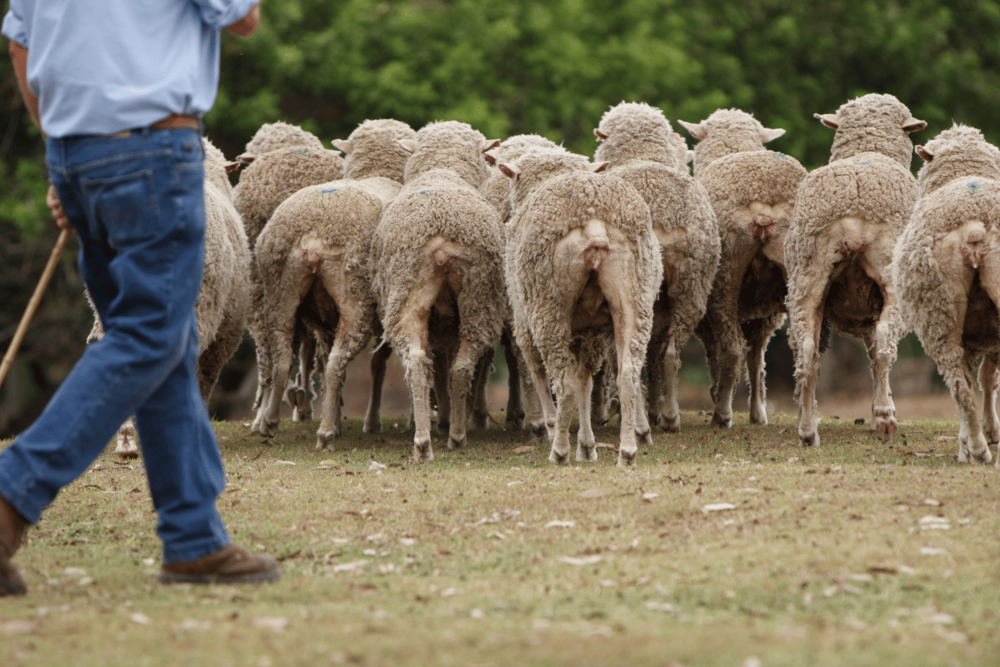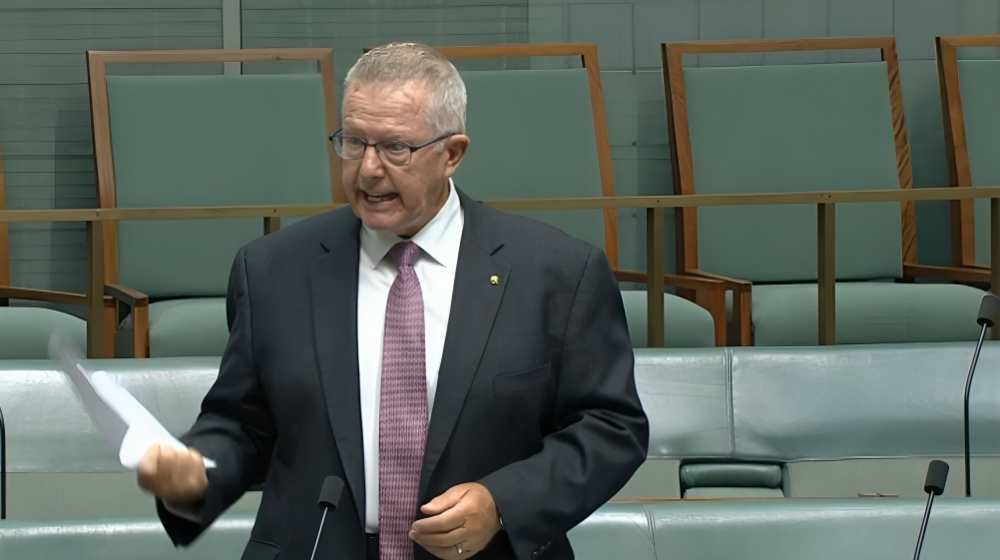Farmers an easy target for biosecurity costs
River McCrossen
14 April 2024, 3:40 AM
 Local farmers argue that the cost of biosecurity should be better shared.
Local farmers argue that the cost of biosecurity should be better shared.The Albanese government’s biosecurity package took another step towards the finish line as it passed to the Senate on 27 March.
Despite broad opposition including the Coalition, the Greens and Independents the Biosecurity Protection Bill passed the House of Representatives
The bill would see a levy imposed on Australian primary producers to raise an extra $50 million a year for the country’s biosecurity system.
While many farmers seem resigned to the extra levy, debate continues to rage around the equity of who pays to protect our borders from imported risks.
“Primary producers, whether growing for the domestic market or exporting into premium overseas markets, benefit considerably from our favourable biosecurity status,” Minister for Infrastructure, Transport, Regional Development and Local Government, Catherine King, said the day she introduced the bill to Parliament 28 February.
“We know that many producers already invest in biosecurity preparedness and response capabilities.
“These investments are critical to biosecurity. But they do not fund our biosecurity efforts at the border, at airports, at seaports and at mail centres, and nor do they fund the technical, scientific and surveillance work that is funded through the Australian government biosecurity budget.
“It is not just down to producers to contribute more. Under the changes we have introduced, risk creators, like importers and travellers, are also contributing more to Commonwealth biosecurity funding.”

Can farmers pass on the additional costs to other stakeholders?
NSW Farmers Brewarrina branch Chair, Gerard Glover, agrees farmers should pay the levy, but said there are other groups who should as well.
“Everybody suffers if we have an outbreak,” Gerard said.
“A lot of households also benefit from the biosecurity levy and I don’t think a lot of them realise they have to contribute to some of that cost.”
“Shipping containers, they don’t contribute to it at the present time, businesses coming in from overseas don’t.”
Parkes MP Mark Coulton spoke against the bill during debate on 20 March.
“This just seems to be an easy hit that makes it appear that the government is doing something,” Mr Coulton said.
“If the cattle are going to an overseas market, then there would be an obligation for that consignment to be paid for by the Australian connections, whether it's the processors or the farmers going into the other country.
“It should be the same when products come back again.”
Speaking during debate on 26 March, MP for Calare in the NSW mid-west, Andrew Gee, said the levy would add to farmer cost-of-living pressures.
“It is outrageous that our farmers should be slugged with a new tax to pay for biosecurity, which is the responsibility of all Australians, not just farmers," Mr Gee said.
“It's also concerning that, in the midst of a cost-of-living crisis, the government is going to add to agricultural production costs, which will end up making this crisis even worse.”

Member for Parkes Mark Coulton argued against the bill in parliament.
NSW Farmers representative for the Orana region Catriona McAuliffe said the levy’s passage through the Senate is “disappointing.”
“The farmers bear so much of the cost of biosecurity,” Ms McAuliffe said.
“The incursion of new pests into the country is really something that should be on the people importing the products.
“The expectation that farmers will have to pay more to manage that risk is a little bit disappointing.”
The levy is due to begin 1 July this year if it passes the Senate, where the government does not have a majority.
There, the Coalition hold 31 out of 76 seats. Labor hold 26 and the Greens have 11 while independents and other minor parties hold eight.



